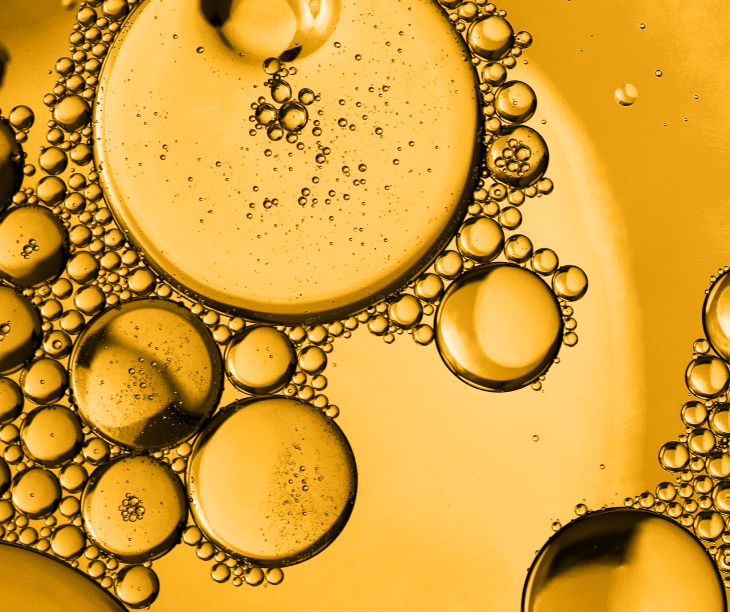The Clinical Research of Ketamine & Ketamine Therapy

Summary
- You may not associate ketamine as a treatment for mental health issues, but there are decades of scientific and clinical research supporting the efficacy of ketamine.
- Peer-reviewed clinical articles are the most credible means of providing a scientific, rigorously tested explanation for how and why outcomes are observed.
- Ketamine has been researched as a treatment for anxiety, depression, suicidal thoughts, obsessive-compulsive disorder, and substance-use disorder.
- The largest-ever study of ketamine therapy was published in 2022 and showed remarkable effectiveness for anxiety and depression.
Ketamine is a thoroughly researched medicine. Hundreds of studies have been completed and published exploring the connection between ketamine therapy and improved mental health outcomes for individuals.
This article explores five studies that demonstrate ketamine’s vast and positive impact on different mental health conditions.
Ketamine for social & generalized anxiety
This study speaks to the safety and efficacy of ketamine treatment for the treatment of refractory generalized and social anxiety.
Key Takeaways:
- The study demonstrates a marked improvement in participants’ ability to function socially.
- This allows participants to have more agency and subsequent success in the rest of their lives.
- Maintenance ketamine may be a therapeutic alternative for patients with treatment refractory GAD/SAD (generalized anxiety disorder / seasonal affective disorder).
Ketamine for major depression
This study speaks to the rapid antidepressant effects of ketamine in major depression.
Key Takeaways:
- SSRIs can take weeks or months to achieve relief from depressive symptoms.
- Ketamine is shown to alleviate depression symptoms in days and sometimes hours.
Ketamine for suicidal ideation
This study speaks to how ketamine alleviates suicidal ideation in even the most high-risk scenarios.
Key Takeaways:
- This study analyzed the impact of ketamine treatment on over 100 clients dealing with suicidal ideation and major depression.
- It showed that “ketamine had an effect on suicidal thoughts independent of depression and anxiety.”
- The study concludes that: improvements in suicidal ideation after ketamine infusion are related to, but not completely driven by, improvements in depression and anxiety. Future study is warranted.
Ketamine for obsessive-compulsive disorder
This study shows how ketamine has been used to successfully treat obsessive-compulsive disorder (OCD).
Key Takeaways:
- With ketamine, there is a decrease in intrusive thinking in subjects tested.
- Ketamine is shown to have anti-obsessional effects.
Ketamine for substance-use disorder
This study demonstrates how ketamine is effective in treating substance use disorders.
Key Takeaways:
- Ketamine may facilitate abstinence across multiple substances of abuse
- Ketamine improved abstinence rates in alcohol and opioid users
- Decreased cravings and increase motivation was seen with cocaine users (as well as decreased use rates)
Largest-ever clinical ketamine study
This 2022 study is the largest-ever study of ketamine therapy. All of the subjects tested were prescribed ketamine through telehealth and administered the medicine at-home.
Mindbloom provided patient data to researchers and the results were published in the Journal of Affective Disorders demonstrating the following results:
- 89% of the participants experienced improvement in symptoms of depression and anxiety.
- 63% of participants showed a reduction in symptoms of 50% or more.
- 62% of participants who reported suicidal ideation at baseline no longer reported any suicidal ideation after 4 sessions.
- Less than 5% of participants reported side effects.
If you would like to explore the existing science of ketamine and ketamine therapy in more detail, take a look at the Neuroscience of Ketamine, and view more Clinical Studies.
This article is for informational purposes only and is not intended to be a substitute for professional medical advice. Always talk to your doctor about the risks and benefits of any treatment. If you are in a life-threatening situation, call the National Suicide Prevention Line at +1 (800) 273-8255, call 911, or go to the nearest emergency room.
More articles
Take Control of Your Mental Health
Taking control of your mental health is possible, find out it ketamine treatment can help you.











